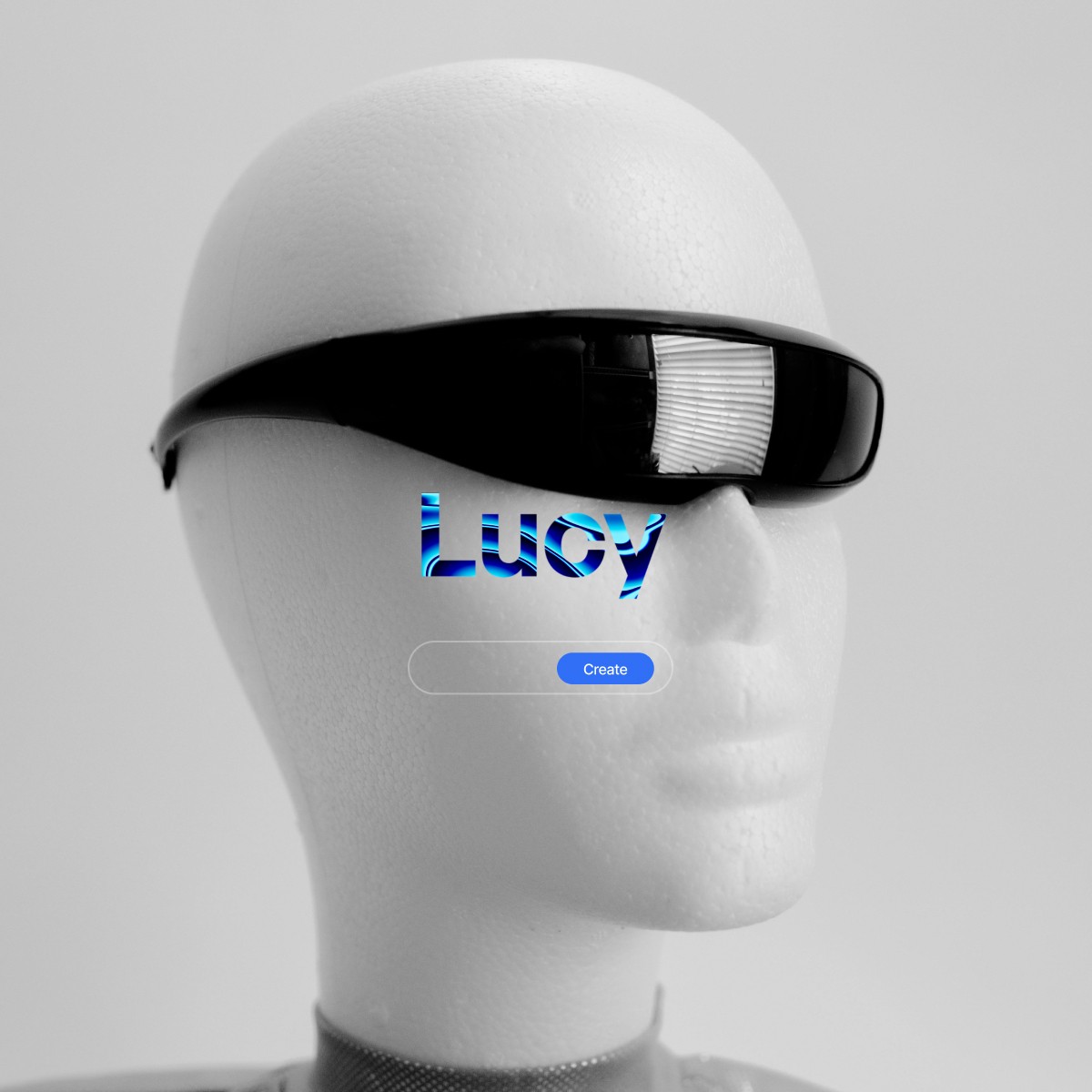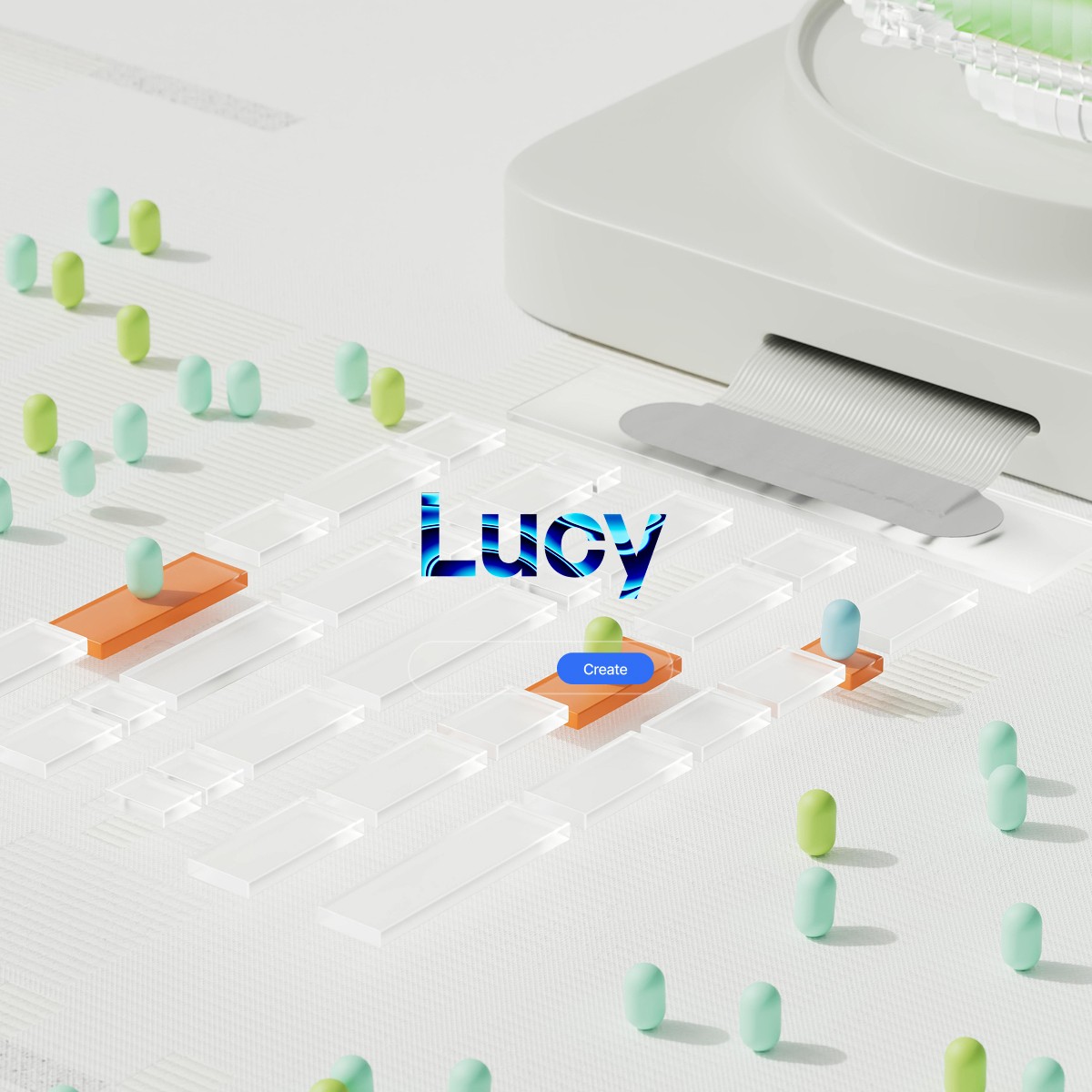



impossible to
possible

LucyBrain Switzerland ○ AI Daily
How to Cut Photography Costs by 90%: Companies Saving $10,000+ Monthly with Midjourney AI (2025 Case Studies)
June 18, 2025
By TopFreePrompts AI Consumer-Research Team
June 18, 2025 • 8 min read
The photography industry is experiencing a seismic shift. While traditional photo shoots can cost thousands of dollars and take weeks to complete, Midjourney AI is enabling businesses to generate professional-quality images in minutes for a fraction of the cost.
This isn't about replacing photographers entirely—it's about strategic cost optimization for specific use cases where AI excels. Let's examine how businesses are implementing Midjourney to achieve substantial savings while maintaining quality standards.
Understanding Traditional Photography Costs
Before exploring AI alternatives, it's crucial to understand where photography budgets typically go:
Standard Photography Shoot Expenses:
Professional photographer day rate: $800-3,000
Studio rental: $300-1,500 per day
Equipment and lighting setup: $200-800
Styling and props: $150-600
Model or talent fees: $300-2,000
Post-production editing: $75-300 per image
Multiple revision rounds: $200-800
Rush delivery premiums: 25-50% additional
Real-World Example: A product photography session for 20 items might cost:
Photographer: $1,500
Studio: $400
Styling: $300
Editing: $1,000 (50 final images)
Total: $3,200 for 50 images = $64 per image
How Midjourney Changes the Economics
Midjourney Operating Costs:
Pro subscription: $60/month
Skilled operator time: $25-75/hour
Additional tools (Photoshop, etc.): $50/month
Cost Per Image Comparison:
Traditional photography: $30-150 per image
Midjourney generation: $0.50-5 per image
Potential savings: 85-95% per image
Strategic Implementation Areas
Product Photography for E-commerce
E-commerce businesses often need hundreds of product images across multiple angles, backgrounds, and contexts. This represents one of the highest-ROI applications for Midjourney.
Traditional Approach: Product photography sessions every 2-4 weeks, with costs scaling linearly with product count.
Midjourney Approach: Generate multiple product variations, backgrounds, and lifestyle contexts on-demand. Particularly effective for:
Jewelry and accessories
Fashion and apparel mockups
Home goods and decor
Tech product concepts
Implementation Strategy:
Start with product categories that don't require exact technical specifications
Use Midjourney for lifestyle and context shots rather than detailed product specs
Combine AI-generated backgrounds with real product photography
Generate seasonal and promotional variations efficiently
Marketing and Social Media Content
Marketing teams consistently need fresh visual content for campaigns, social media, and promotional materials. This high-volume, quick-turnaround need aligns perfectly with AI capabilities.
Content Types Ideal for Midjourney:
Social media graphics and backgrounds
Blog post header images
Email marketing visuals
Concept art for campaigns
Seasonal promotional graphics
Volume Economics: Marketing teams requiring 50-100 visual assets monthly can see dramatic cost reductions while actually increasing output volume.
Concept Development and Prototyping
Design agencies and creative teams use Midjourney for rapid concept exploration before committing to expensive photography or illustration projects.
Applications:
Campaign concept visualization
Client presentation mockups
Style exploration and mood boards
Rapid iteration of creative directions
This approach reduces the risk of expensive photo shoots that don't meet client expectations.
Implementation Best Practices
Quality Control Standards
Successful businesses using Midjourney establish clear quality standards and use cases:
Recommended Applications:
Lifestyle and atmospheric imagery
Background and environmental shots
Concept and mood development
High-volume social content
Avoid for:
Precise technical documentation
Legal or regulatory imagery requiring accuracy
Brand-critical hero images (without careful review)
Images requiring specific people or locations
Workflow Integration
Efficient Midjourney Workflow:
Develop standardized prompt libraries for common needs
Create approval processes for AI-generated content
Establish guidelines for when to use AI vs. traditional photography
Train team members on effective prompting techniques
Cost Tracking and ROI Measurement
Key Metrics to Monitor:
Cost per image: Traditional vs. AI
Time to delivery: Traditional vs. AI
Revision cycles and associated costs
Overall visual content budget trends
ROI Calculation Framework: Monthly traditional photography spend ÷ Monthly Midjourney costs = ROI multiplier
Industry-Specific Opportunities
Fashion and Retail
Fashion brands use Midjourney for:
Seasonal lookbook concepts
Color and style variations
Lifestyle and mood imagery
Social media content at scale
Consideration: AI works best for conceptual and lifestyle content rather than detailed product specifications.
Real Estate and Interior Design
Property professionals leverage AI for:
Staging visualization concepts
Renovation and design previews
Marketing material backgrounds
Virtual tour enhancement
Technology and Software
Tech companies utilize Midjourney for:
Interface and user experience mockups
Marketing website imagery
Presentation and pitch deck visuals
Social media and blog content
Building Your Midjourney Cost-Reduction Strategy
Phase 1: Assessment (Week 1)
Audit current photography and visual content expenses
Identify high-volume, repeatable visual needs
Calculate potential cost savings for different use cases
Set up Midjourney Pro subscription
Phase 2: Pilot Implementation (Weeks 2-4)
Select one high-volume use case for testing
Develop prompt templates for consistent results
Create quality review processes
Train team members on basic Midjourney usage
Phase 3: Scaling (Month 2+)
Expand to additional use cases based on pilot results
Develop comprehensive prompt libraries
Integrate AI generation into standard workflows
Monitor and optimize cost savings
Advanced Cost Optimization Techniques
Prompt Engineering for Efficiency
Developing standardized, effective prompts reduces generation time and improves consistency, directly impacting cost efficiency.
Prompt Library Categories:
Product photography styles
Brand-consistent backgrounds
Seasonal and promotional themes
Social media format specifications
Batch Processing Strategies
Generate multiple variations and use cases in single sessions to maximize subscription value and operator time efficiency.
Hybrid Approaches
Combine AI-generated elements with traditional photography for optimal cost-quality balance:
AI backgrounds with real product photography
AI concept development followed by selective traditional shooting
AI enhancement of existing photography assets
Measuring Success and ROI
Key Performance Indicators:
Monthly visual content budget reduction
Increased content production volume
Faster time-to-market for campaigns
Improved content variety and experimentation
Success Metrics: Track both quantitative savings and qualitative improvements in creative flexibility and speed.
Common Implementation Challenges
Quality Consistency
Challenge: Maintaining brand consistency across AI-generated content. Solution: Develop detailed style guides and prompt templates that incorporate brand elements.
Team Adoption
Challenge: Team resistance to new AI tools and workflows. Solution: Start with enthusiastic early adopters and demonstrate clear value before broader rollout.
Use Case Selection
Challenge: Knowing when to use AI vs. traditional photography. Solution: Establish clear guidelines based on image purpose, required accuracy, and brand importance.
Future Cost Optimization Opportunities
The rapid advancement of AI image generation suggests even greater cost savings opportunities ahead:
Improved quality reducing the need for traditional photography in more use cases
Better integration tools streamlining workflows
Enhanced customization capabilities for brand-specific needs
Getting Started Today
Immediate Action Steps:
Calculate your current monthly photography and visual content costs
Identify 2-3 high-volume use cases suitable for AI generation
Set up a Midjourney Pro account ($60/month)
Dedicate 10-15 hours to learning effective prompting techniques
Start with a small pilot project to demonstrate ROI
The businesses seeing the most dramatic cost savings are those that strategically implement Midjourney for high-volume, consistent visual needs while maintaining traditional photography for critical brand moments and technical requirements.
The 90% cost reduction headline isn't hyperbole—it's the reality for businesses that thoughtfully integrate AI image generation into their visual content workflows. The question isn't whether your business can save money with Midjourney, but how quickly you can implement it to start realizing those savings.
Related Resources:
Midjourney Tools & Guides - Complete Midjourney implementation resources
AI Image Design Prompts - Professional prompt libraries for business use
Prompt Library - Comprehensive AI prompt collections
Business Productivity Tools - AI workflow optimization guides
Visit TopFreePrompts.com for more AI business optimization resources and cost-saving strategies.



